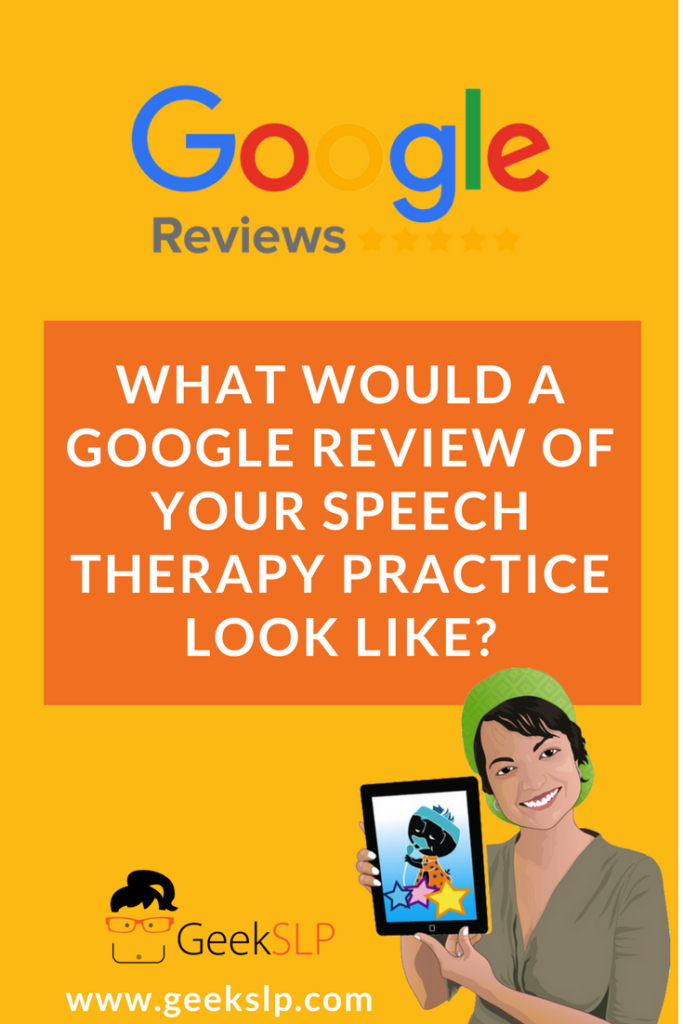
Changing roles is always a good way to learn how the other person feels. For the last six months I have had the opportunity to change roles with parents: My son is receiving speech therapy services. I have had a lot to think, which would lend itself to a whole other blog post, if not a whole series of blog posts. I became the family of a person receiving speech therapy services; and it has instantly enlightened me.
Of course, the first thought that came to my mind as my son started receiving special education services was “I could have been such a much better therapist!”. I have not actually delivered therapy in at least five years since I started Smarty Ears; and I know as you mature and become a mother, you definitely become a better therapist instantly. I am not saying I was a bad therapist; in fact, I believed at the time I was pretty good. I was efficient, I was proud of fighting for the kids I served, and loved including parents in my therapy plan.
I have to confess that I have been disappointed in the services my son is receiving. She is a very sweet SLP and at times she impresses me with how well she knows my son despite spending only 3o minutes with him per week. Part of me always tries brush her shortcomings by thinking ” Well, I know she is busy, and she has probably a very large caseload”. I, more than most parents, understand what it is like to be on the other side. Overworked, with a desk full of referrals, mounts of paperwork, and side unrelated tasks to complete. I am very understanding. Part of me also thinks ” Well, my sons does receive individual speech therapy at home nearly 24/7 with me”. So, I will let her attend to other kids who need it more.” None of this, however, is enough to let me stop thinking about how we perceive ourselves as clinicians. I have been wondering this whole time, does my son SLP know how I look at her shortcomings? During my time practicing, I certainly thought I was doing my very best, today I see I could and would have done better.
Which leads me to my question: How often do you receive feedback from parents or your patients? (if you are working with teens and adults).
While I don’t have the luxury to shop online for an SLP in public school, I read reviews for everything I buy and even the doctors I select to see these days. Are parents writing reviews for the SLPs? Have you looked yourself up online to see if you have a google review of your services? Would that make you a better SLPs? Would you even like to know how you do better?
Part of me does not like reviews generally speaking, and I always take everything with a grain of salt. I always ask on my presentations: ” How many of you have gone to write a review online of your favorite app?” I don’t care if it is “angry birds”; nearly nobody in rooms full of people raise their hands. However nearly everyone has gone and written a review when they are upset. That’s just human nature I guess: we rarely praise good products/services.
However, with all that said, think of your client’s parents: if they knew all you do, or don’t do; what would they write about you? Of course, ultimately it is all about how people see you, which can be true or simply a perception, because we all have own own things that are important to us. Some parents might love you simply because you take five minutes to talk to them ( even if you weren’t really using EBP); some parents might hate you just because you don’t wear the clothes they judge to be appropriate. Who knows, right?
Here are some possible categories to think about:
- How well do you interact with someone’s child?
- How is your relationship with the parents?
- Do they perceive as you making a difference?
- What kind of communication do you have set up?
- Does the child want to attend therapy?
At times we focus so much on data collection, EBP, but we forget that human relations, and the perception of being a good therapist might look very different from the clients’ point of view.
One quick example that I cannot shake off my head is: My son’s progress report was nothing more than a 3 ( on a scale from from 6) on all of the 5 or 6 goals he is currently working on. How realistic is this? How can a person be a three on all skills at the same time? This is just highly unlikely. Of course, there was no notes associated with any of his progress either, so I literally have no idea about how he is doing because tat progress report likely is inacurate. This of course if a topic for a whole other post….
Now, going back to YOUR google review. Do you have an idea of what it would say about you? We are so quick to judge others ( as I am doing here); however I would love to see SLPs looking at themselves from the clients’ point of view and making reflections about their performance. I remember being so preoccupied with what the principal or the lead SLP of my district thought of my performance, but I never thought of what the parents of my clients would think of me. A dialog between parents and therapists is so easy to achieve these days with the vast amount of communication options.
Have you thought about that? On a final note:
Aim to be the person you would like to read about on your own Google Reviews!


